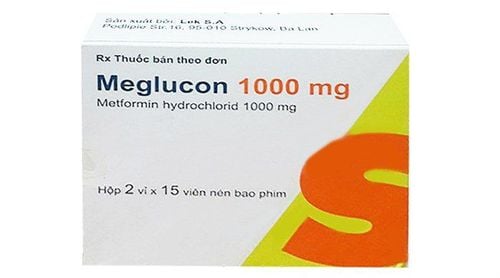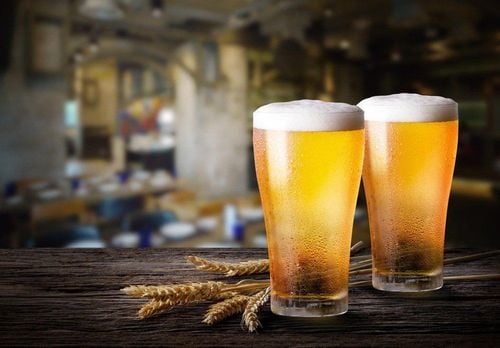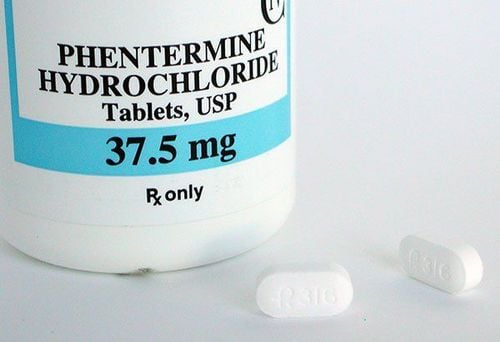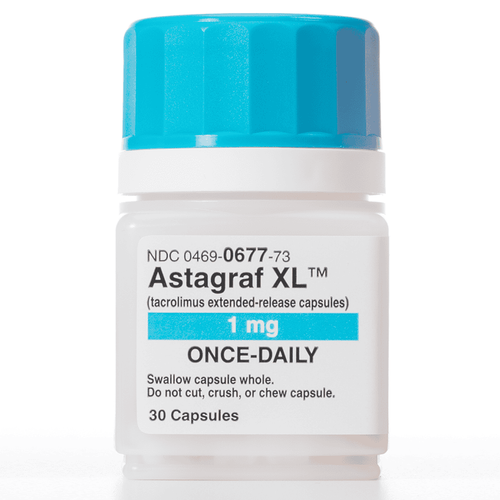This is an automatically translated article.
Beer is an alcoholic beverage made by brewing and fermenting grains with yeast, hops and other flavoring agents. Most beers contain 4-6% alcohol, but can range from 0.5-40% alcohol. The following article will help you learn about the nutrition of beer, as well as whether drinking beer is good, drinking beer has any effect?
1. Nutrition in beer
Although beer is often viewed as empty calories, it does contain a number of minerals and vitamins.
Here is a nutritional comparison of 12 ounces (355 mL) of standard and light beer:
Also, both of these beers contain small amounts of potassium, calcium, thiamine, iron, and zinc. The content of B vitamins and minerals is a result of beer made with grains and yeast.
Light beer has only about two-thirds the calories of regular beer and slightly less alcohol. Although beer contains a small amount of micronutrients, it is not a good source compared to whole foods like fruits and vegetables. You will need to drink a lot of beer to meet your daily nutritional needs.
2. Potential benefits of beer
Drinking beer in moderation may have a number of health benefits.
2.1 May Benefit Your Heart Heart disease is the leading cause of death in the United States.
Some studies show that drinking beer and wine in moderation can reduce the risk of heart disease. A 12-week study in 36 overweight adults found that moderate beer consumption (one drink for women and two for men per day) improved the antioxidant properties of cholesterol. HDL (the good type of fat) also improves the body's ability to get rid of cholesterol.
Another review found that drinking beer in light to moderate amounts (up to one drink per day for women and up to two drinks for men) can reduce the risk of heart disease to a similar extent. similar to wine.
However, it is important to note that these potential benefits relate only to light to moderate beer consumption. On the other hand, heavy alcohol consumption can increase the risk of heart disease and stroke.
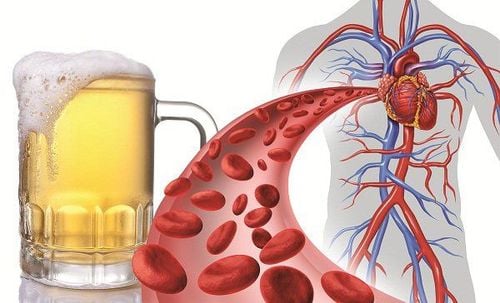
Sử dụng bia đúng cách có thể có lợi cho tim của bạn
2.2 May improve blood sugar control Drinking alcohol in low to moderate amounts can improve blood sugar control, which is a common problem for many people with diabetes.
Several studies have found that drinking alcohol in light to moderate amounts reduces insulin resistance, which is a risk factor for diabetes, as well as reduces the risk of developing type 2 diabetes. .
Furthermore, a large study of 70,500 participants, this study looked at moderate alcohol consumption (14 drinks per week for men and nine drinks per week for women), the results for found a 43% and 58% reduction in diabetes risk in men and women, respectively.
However, heavy drinking and binge drinking may not get these benefits and significantly increase the risk of diabetes.
2.3 Other Potential Benefits Light to moderate beer intake may have other benefits such as:
May support bone density: light to moderate beer consumption may help strengthen bones in men and menopausal women. May reduce dementia risk : Light to moderate alcohol consumption may reduce the risk of dementia . However, drinking a lot of alcohol instead may increase the risk of dementia.
3. Disadvantages of beer
Although drinking small to moderate amounts of beer has potential benefits, drinking too much beer is extremely harmful to health. Here are some negative effects of drinking too much beer:Increased risk of death; Heavy beer drinkers and binge drinkers have a higher risk of early death than moderate drinkers and no drinkers. Beer addiction: Regular beer consumption can lead to beer dependence and alcohol use disorder.
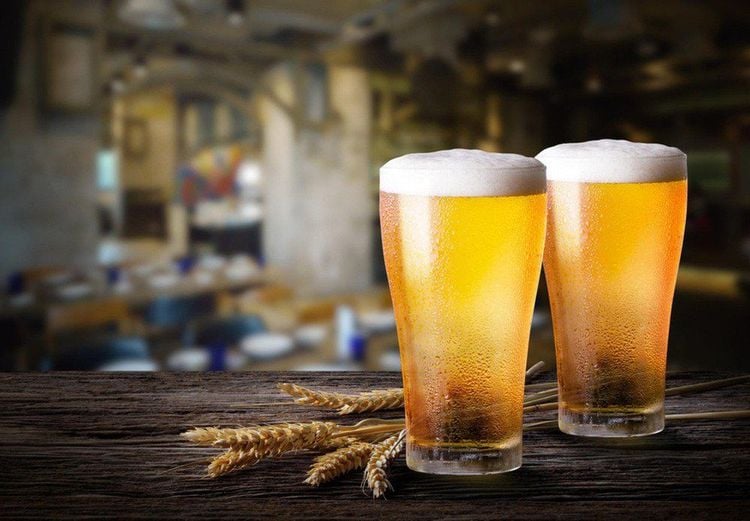
Nhược điểm của bia có thể gây nghiện nếu sử dụng thường xuyên
Increased risk of depression ; Research shows that beer and heavy drinkers and binge drinkers have a significantly higher risk of depression than those who drink beer, alcohol in moderation, and don't drink at all. Liver failure ; Research shows that drinking more than 30 grams of alcohol a day (two to three 12-ounce or 355-ml bottles of beer) can increase the risk of liver diseases like cirrhosis. Weight gain ; A standard 12-ounce (355-ml) beer contains about 153 calories, so consuming a lot of these drinks can contribute to weight gain. Cancer ; Research shows that any alcohol intake is linked to an increased risk of cancer, including throat and mouth cancers.
To reduce the risk of negative health consequences, it is recommended to limit drinking to no more than one standard drink per day for women and two for men.
4. Should you drink beer?
In short, beer has a double impact on health. Although small amounts may be associated with certain benefits, heavy drinking or binge drinking has negative health effects such as an increased risk of alcohol use disorders, depression, and depression. colds, liver disease, weight gain, cancer and death.
Although drinking beer may offer some benefits, you can achieve the same or more benefits by eating a diet rich in nutrients and varied from foods such as fruits and vegetables fruit.
Compared to standard beer, light beer contains a similar amount of vitamins and minerals but fewer calories and less alcohol. This makes light beer a better choice.
Some people wonder if drinking beer after a workout can help them recover? While some evidence suggests that drinking low-alcohol beer with electrolytes can improve rehydration, other studies have shown that beer can hinder muscle growth and recovery. . Therefore, in the future, more research is still needed on this issue.
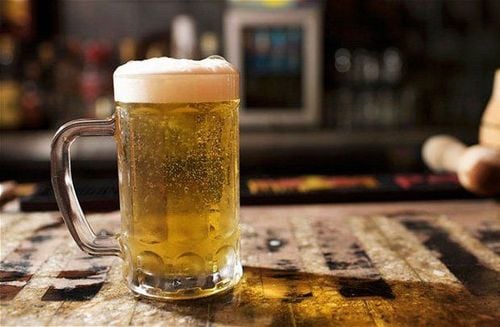
Uống bia đúng cách sẽ đem lại nhiều lợi ích cho sức khỏe người dùng
Any questions that need to be answered by a specialist doctor as well as customers wishing to be examined and treated at Vinmec International General Hospital, you can contact Vinmec Health System nationwide or register online HERE.
Reference source: healthline.com,webmd.com






